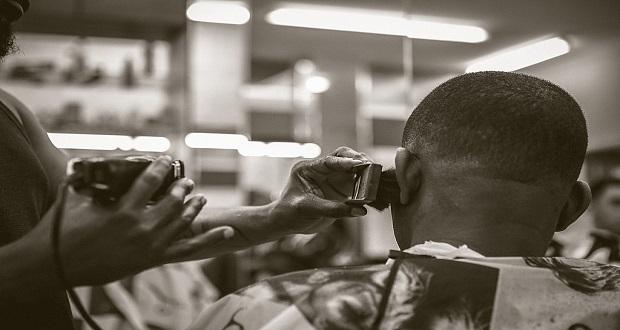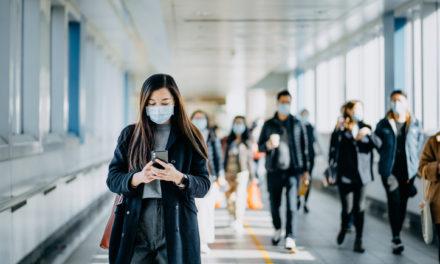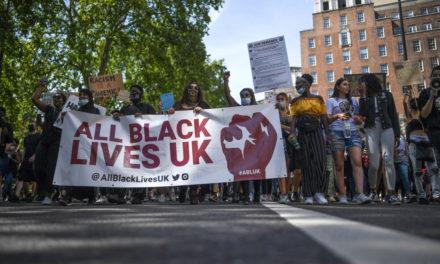
Every night, tens of thousands of veterans sleep on the streets in the United States. As if defending one’s country and risking your life for millions of citizens isn’t harrowing enough, veterans often face difficulties with housing and employment that lead to homelessness once they return home. Although it’s impossible to find exact numbers, U.S. Department of Housing and Urban Development (HUD) estimates that 40,056 veterans are homeless on any given night.
Along with factors such as affordable housing and a livable income, difficulties persist in eradicating this problem because, according to the National Coalition for Homeless Veterans, military occupations and training are not always transferable to the civilian workforce, placing some veterans at a disadvantage when competing for employment. The odds are stacked against them – the traditional pathways to success don’t seem to be accessible. However, one organization is leveraging its sphere of influence to address and promote change within their community.
In Baltimore, Rob’s Barbershop Community Foundation provides no-charge grooming services for homeless veterans. The foundation believes that this is an important part of recovery, skill-building, and job readiness. Robert Cradle, founder of Rob’s Barbershop Community Foundation, launched his foundation after realizing that individuals from a nearby homeless shelter could not afford to come and pay for grooming services.
Cradle began to fundraise to support his foundation and pay for contracted barbers. The foundation hopes to serve as a source of motivation and hope, but also as a training ground for homeless veterans who want to jumpstart a new life as a master barber. “All they need is access,” Cradle said. “If you give them the equipment and the space to do it in, they will take care of the rest.”
How many of us are the beneficiaries of access? I am struck by what this particular foundation is doing and the change that they are catalyzing within their community because they saw an issue, an area of society from which people living in homelessness were excluded, and they widened the circle of access. They fostered inclusion in their sphere of influence. What can you do to widen circles of access in your community? Who is left out in your organization and needs a seat at the table? Where are the gaps – can you stand in them?
How many of us are the beneficiaries of access? What can you do to widen circles of access in your community? Share on X

















